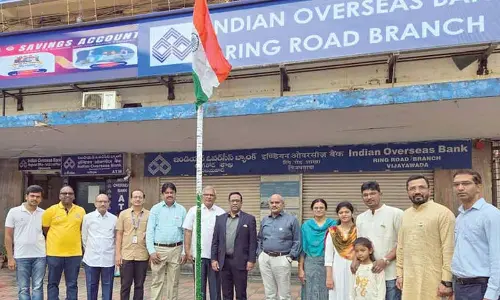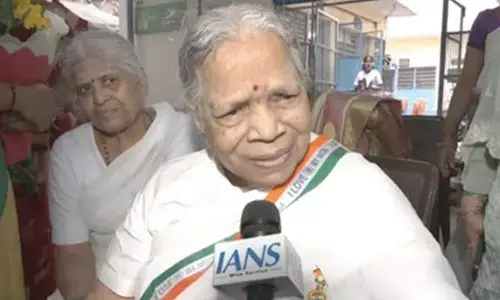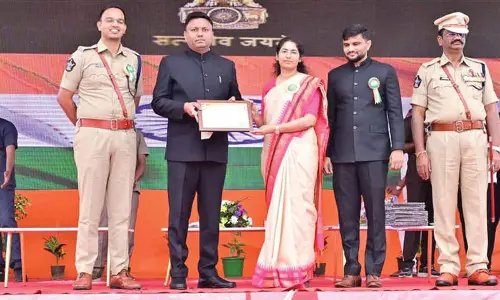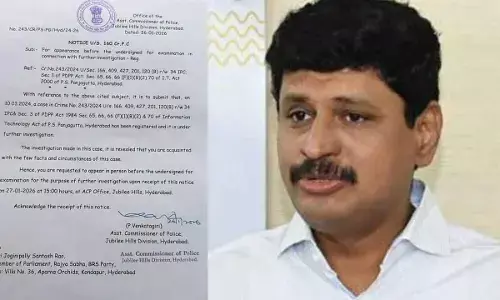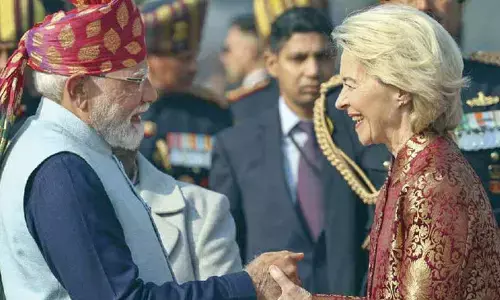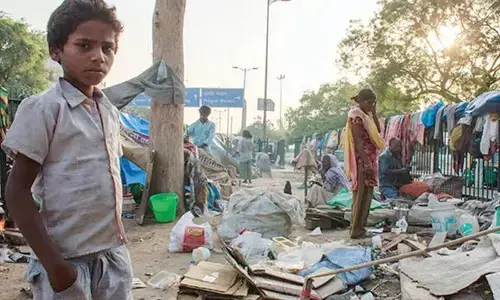Twitter Bans Posting of Private Photos and Videos Without Consent
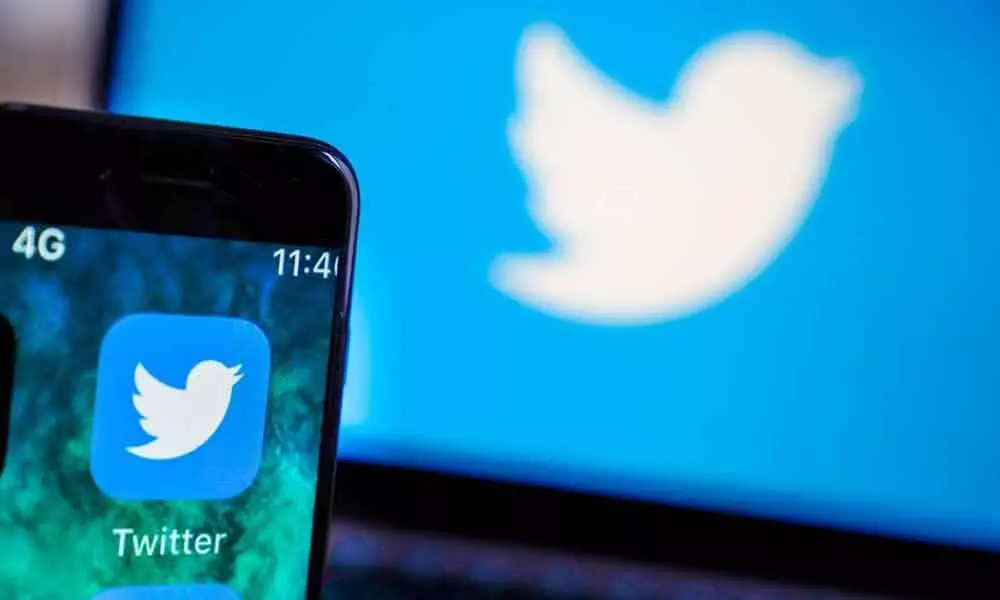
Twitter Bans Posting of Private Photos and Videos Without Consent
Twitter, led by Parag Agrawal, has announced that it is banning sharing personal photos and videos on its platform without consent.
Just one day after Parag Agrawal took over as Twitter CEO from Jack Dorsey, the microblogging company announced that it is banning sharing personal photos and videos on its platform without the express consent of the person in question. However, it is unclear whether the crackdown will be effective immediately. Twitter's privacy policy has already led to a ban on sharing other people's private information, including phone numbers, addresses, and identification documents.
"When we are notified by individuals depicted, or by an authorized representative, that they did not consent to having their private image or video shared, we will remove it," Twitter said in a blog post.
Find below the full blog post by Twitter:
Expanding our private information policy to include media
By Twitter Safety
Tuesday, 30 November 2021
As part of our ongoing efforts to build tools with privacy and security at the core, we're updating our existing private information policy and expanding its scope to include "private media." Under our existing policy, publishing other people's private information, such as phone numbers, addresses, and IDs, is already not allowed on Twitter. This includes threatening to expose private information or incentivizing others to do so.
There are growing concerns about the misuse of media and information that is not available elsewhere online as a tool to harass, intimidate, and reveal the identities of individuals. Sharing personal media, such as images or videos, can potentially violate a person's privacy, and may lead to emotional or physical harm. The misuse of private media can affect everyone, but can have a disproportionate effect on women, activists, dissidents, and members of minority communities. When we receive a report that a Tweet contains unauthorized private media, we will now take action in line with our range of enforcement options.
While our existing policies and Twitter Rules cover explicit instances of abusive behavior, this update will allow us to take action on media that is shared without any explicit abusive content, provided it's posted without the consent of the person depicted. This is a part of our ongoing work to align our safety policies with human rights standards, and it will be enforced globally starting today.
What is in violation of this policy?
Under our private information policy, you can't share the following types of private information or media, without the permission of the person who it belongs to:
* home address or physical location information, including street addresses, GPS coordinates or other identifying information related to locations that are considered private;
*identity documents, including government-issued IDs and social security or other national identity numbers – note: we may make limited exceptions in regions where this information is not considered to be private;
*contact information, including non-public personal phone numbers or email addresses;
*financial account information, including bank account and credit card details; and
*other private information, including biometric data or medical records.
*NEW: media of private individuals without the permission of the person(s) depicted.
The following behaviours are also not permitted:
* threatening to publicly expose someone's private information;
*sharing information that would enable individuals to hack or gain access to someone's private information without their consent,e.g., sharing sign-in credentials for online banking services;
*asking for or offering a bounty or financial reward in exchange for posting someone's private information;
*asking for a bounty or financial reward in exchange for not posting someone's private information, sometimes referred to as blackmail.
When private information or media has been shared on Twitter, we need a first-person report or a report from an authorized representative in order to make the determination that the image or video has been shared without their permission. Learn more about reporting on Twitter.
Sharing private media
When we are notified by individuals depicted, or by an authorized representative, that they did not consent to having their private image or video shared, we will remove it. This policy is not applicable to media featuring public figures or individuals when media and accompanying Tweet text are shared in the public interest or add value to public discourse.
However, if the purpose of the dissemination of private images of public figures or individuals who are part of public conversations is to harass, intimidate, or use fear to silence them, we may remove the content in line with our policy against abusive behavior.. Similarly, private nude images of public individuals will continue to be actioned under our non-consensual nudity policy.
We recognize that there are instances where account holders may share images or videos of private individuals in an effort to help someone involved in a crisis situation, such as in the aftermath of a violent event, or as part of a newsworthy event due to public interest value, and this might outweigh the safety risks to a person.
We will always try to assess the context in which the content is shared and, in such cases, we may allow the images or videos to remain on the service. For instance, we would take into consideration whether the image is publicly available and/or is being covered by mainstream/traditional media (newspapers, TV channels, online news sites), or if a particular image and the accompanying tweet text adds value to the public discourse, is being shared in public interest, or is relevant to the community.
Feeling safe on Twitter is different for everyone, and our teams are constantly working to understand and address these needs. We know our work will never be done, and we will continue to invest in making our product and policies more robust and transparent to continue to earn the trust of the people using our service.









